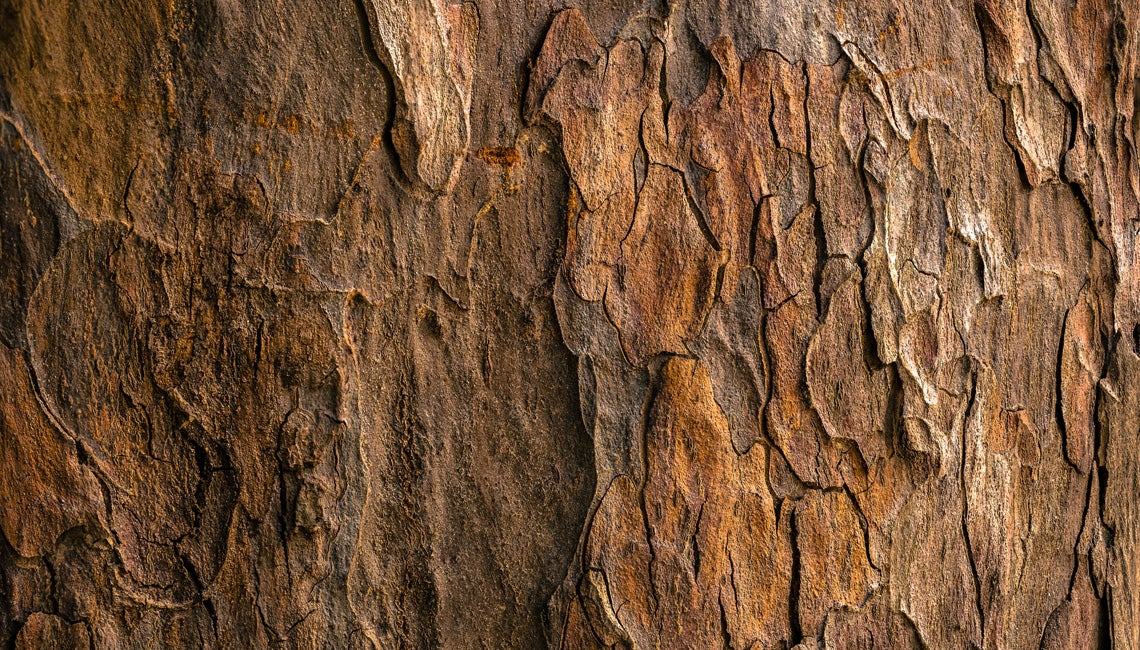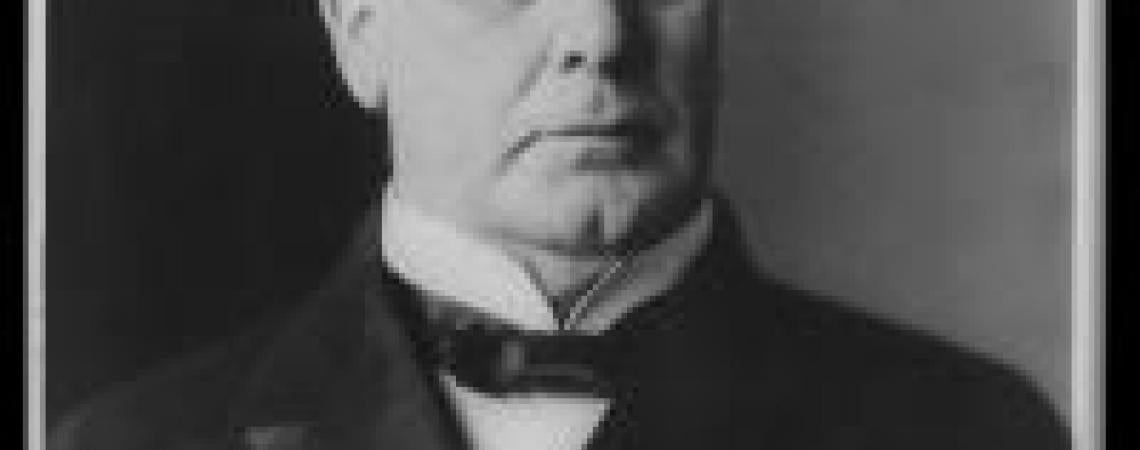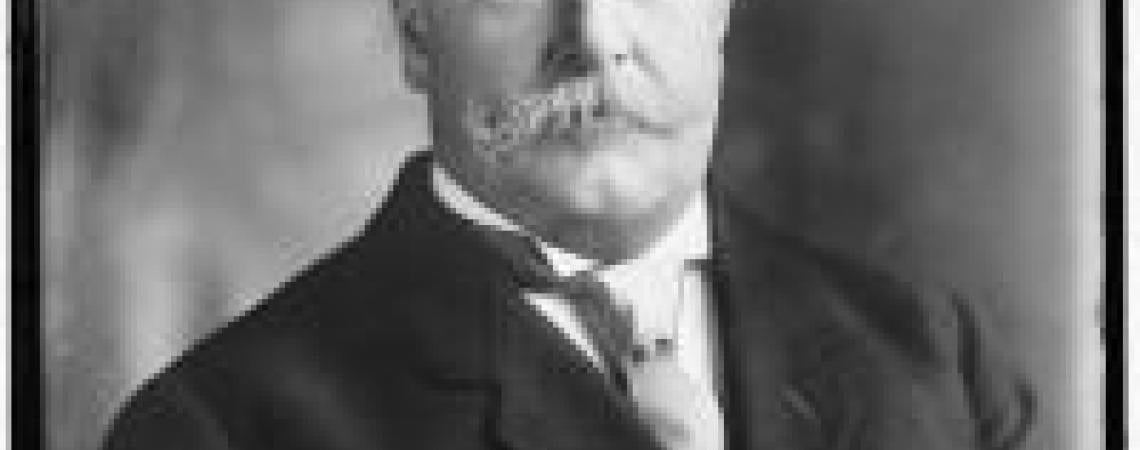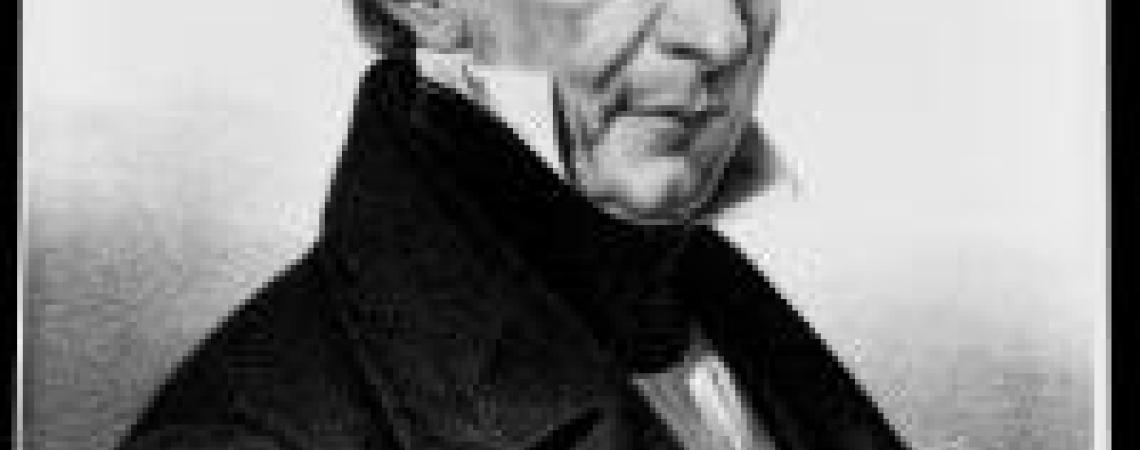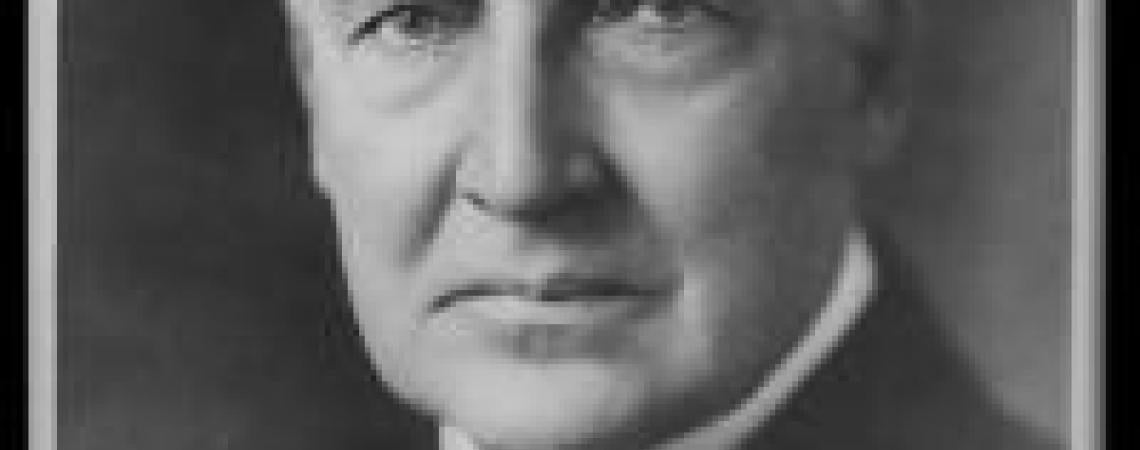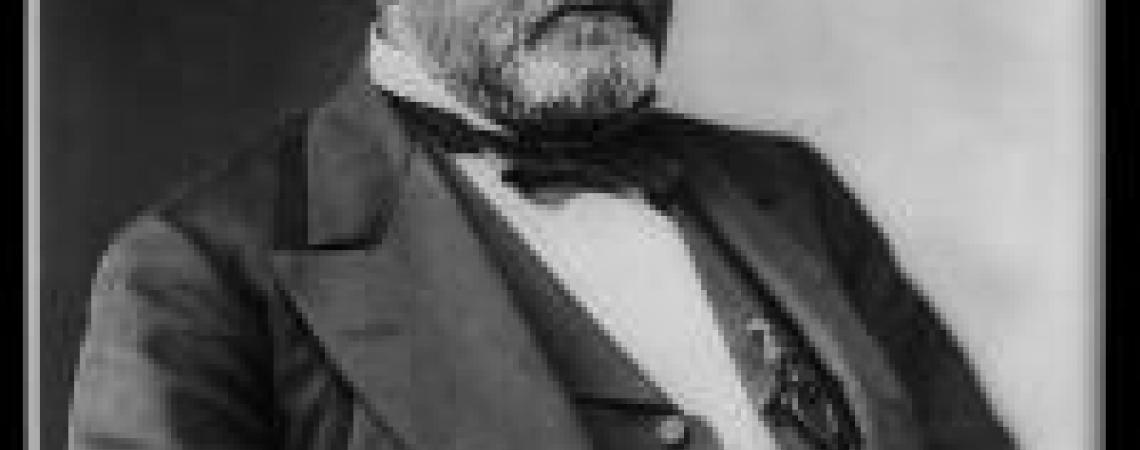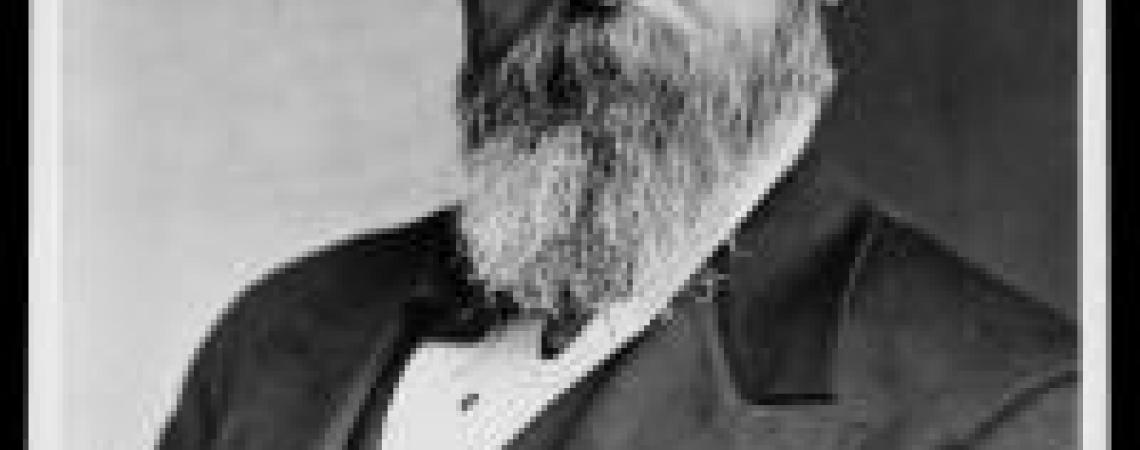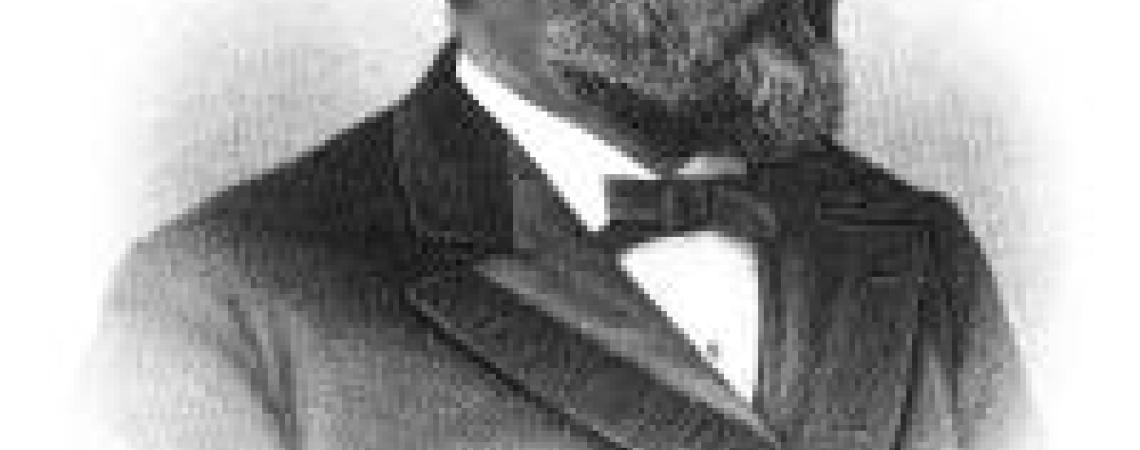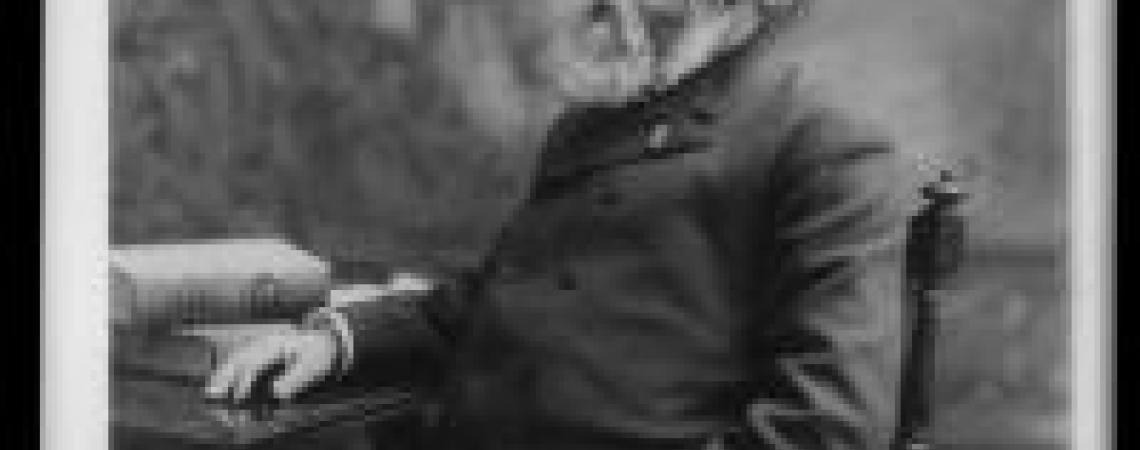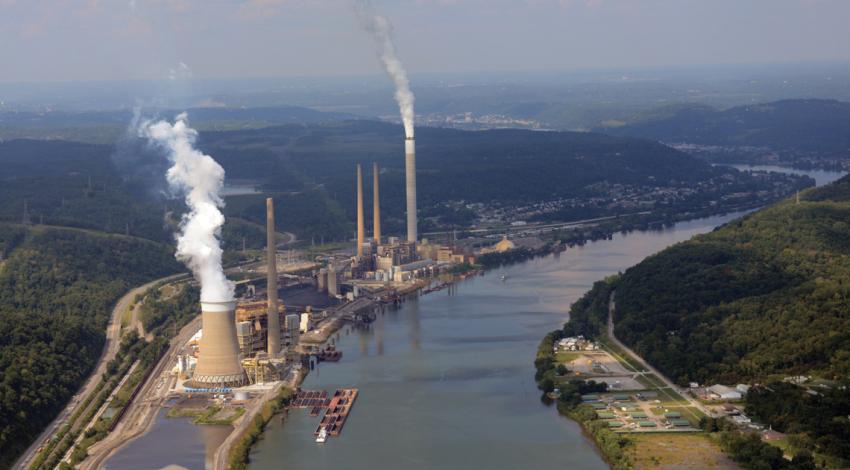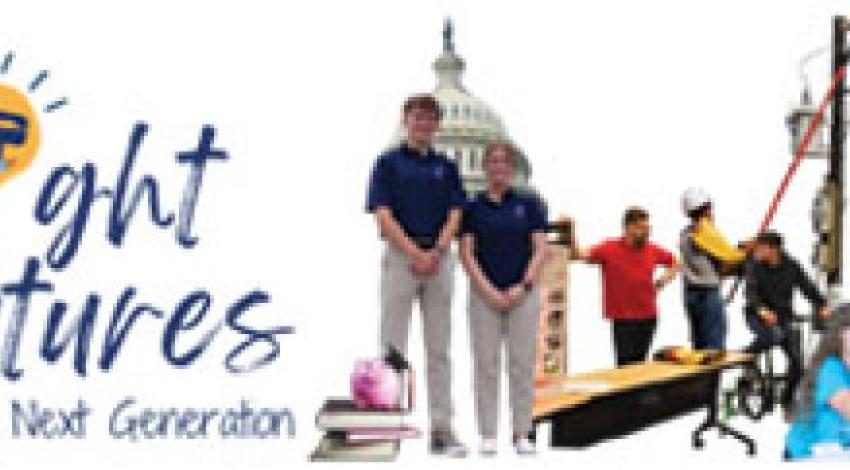Of the 46 individuals who served as U.S. president before this month’s election, eight came from Ohio — more than any other state — inspiring the nickname “Mother of Presidents.” This presidential election month is the perfect time to ponder the influence (in matters great and small) of Ohioans who occupied the nation’s highest office.
William McKinley, 25th U.S. President

The Whigs picked Harrison and Virginia Sen. John Tyler to top their 1840 ticket. Their campaign slogan — “Tippecanoe and Tyler Too!” — reminded voters that the Ohioan had defeated Tecumseh at the Battle of Tippecanoe. His supporters pushed a giant ball of paper and tin, plastered with pro-Harrison messages, from town to town, generating publicity and ushering a new phrase into America’s lexicon: “Keep the ball rolling.” Harrison, the nation’s ninth president, died of pneumonia a month into his term.

After the abandoned British ship HMS Resolute was discovered adrift by an American whaler in 1855, Congress allotted funds to return her to Queen Victoria as a goodwill gesture. Victoria reciprocated in 1880 by presenting then-President Hayes, the 19th president, with a handsome desk made from Resolute’s timbers. Upon its arrival in the White House, Hayes famously wrote a thank-you note on the Resolute desk, and it has been used by every president since then, with the exceptions of Johnson, Nixon, and Ford.

The 23rd president was born on his grandfather William Henry Harrison’s North Bend farm with a remarkable political pedigree: not only had his grandfather been president, but his great-grandfather signed the Declaration of Independence and his father was a U.S. Congressman. Benjamin was a prominent attorney before being elected to the U.S. Senate in 1880, and during his presidential run in 1888, he cannily revived his grandfather’s publicity stunt by replicating the 1840 “victory ball” and rolling it state to state for some 5,000 miles.

The only person to serve as both U.S. president (the 27th) and chief justice of the Supreme Court, Taft was also a lifelong baseball fan, and started the presidential tradition of throwing out the ceremonial first pitch on Major League Baseball’s opening day. On April 14, 1910, at a game between the Washington Senators and Philadelphia Athletics, he tossed a baseball to Senators pitcher (and future Hall of Famer) Walter Johnson, and then watched from the first row as the home team beat the Athletics, 3–0.

The U.S. Army’s first four-star general and the 18th U.S. president was born in Point Pleasant and raised in Georgetown. After winning the Civil War and serving two terms as President, he retired to New York City, where an unscrupulous business partner ruined him financially. To provide for his family, he wrote his autobiography, The Personal Memoirs of U.S. Grant, finishing it just days before he died in 1885. Mark Twain, who admired Grant, arranged to have it published, and it is still regarded as a masterpiece of unadorned American prose.

When Garfield was shot on July 2, 1881, only months after he had taken office as the 20th president, telegraph wires and newspapers carried the grim news, instigating a protracted death watch that’s considered the first mass-media event. Physicians’ futile attempts to find the bullet riveted the nation — even Alexander Graham Bell tried to help by developing a rudimentary metal detector. Garfield’s struggle finally ended in September, when he died of an infection likely caused by doctors probing his wound with unwashed and unsterilized hands.

McKinley, who was born in Niles, established a law practice in Canton. In 1876, he ran for Congress against Levi Lamborn, a horticulturist from Alliance who bred carnations, and whenever they debated, Lamborn gave McKinley a red carnation. When he was elected the 25th President in 1896, McKinley considered red carnations his good luck charm, habitually wearing them as boutonnieres. On Sept. 6, 1901, moments after he had removed the red carnation from his lapel and given it to a little girl, an anarchist assassinated him.

Harding, campaigning from his Marion home following World War I, promised a “return to normalcy.” But, because the Senate never ratified the 1919 Treaty of Versailles, the nation was still officially at war when he became the 29th president in 1921. Congress passed a resolution ending U.S.-German hostilities that year, and four months later, Harding symbolically ended the war’s horrors when he dedicated the Tomb of the Unknown Soldier in Arlington National Cemetery and delivered a poignant speech eulogizing America’s heroic dead.
